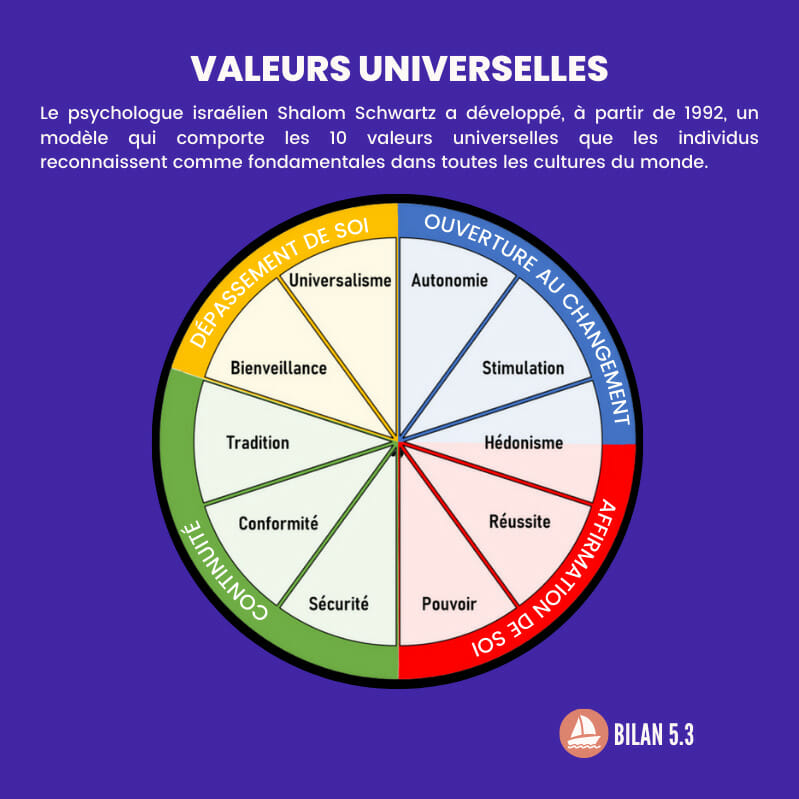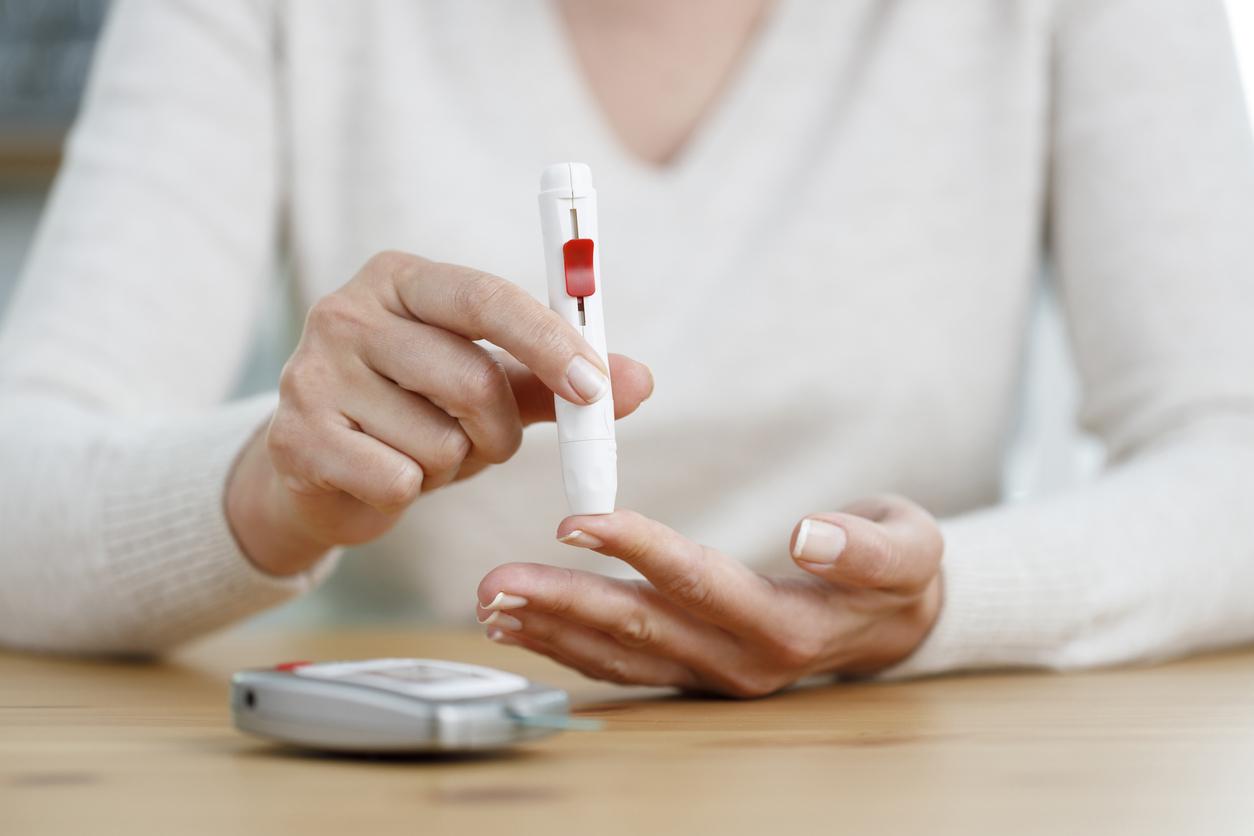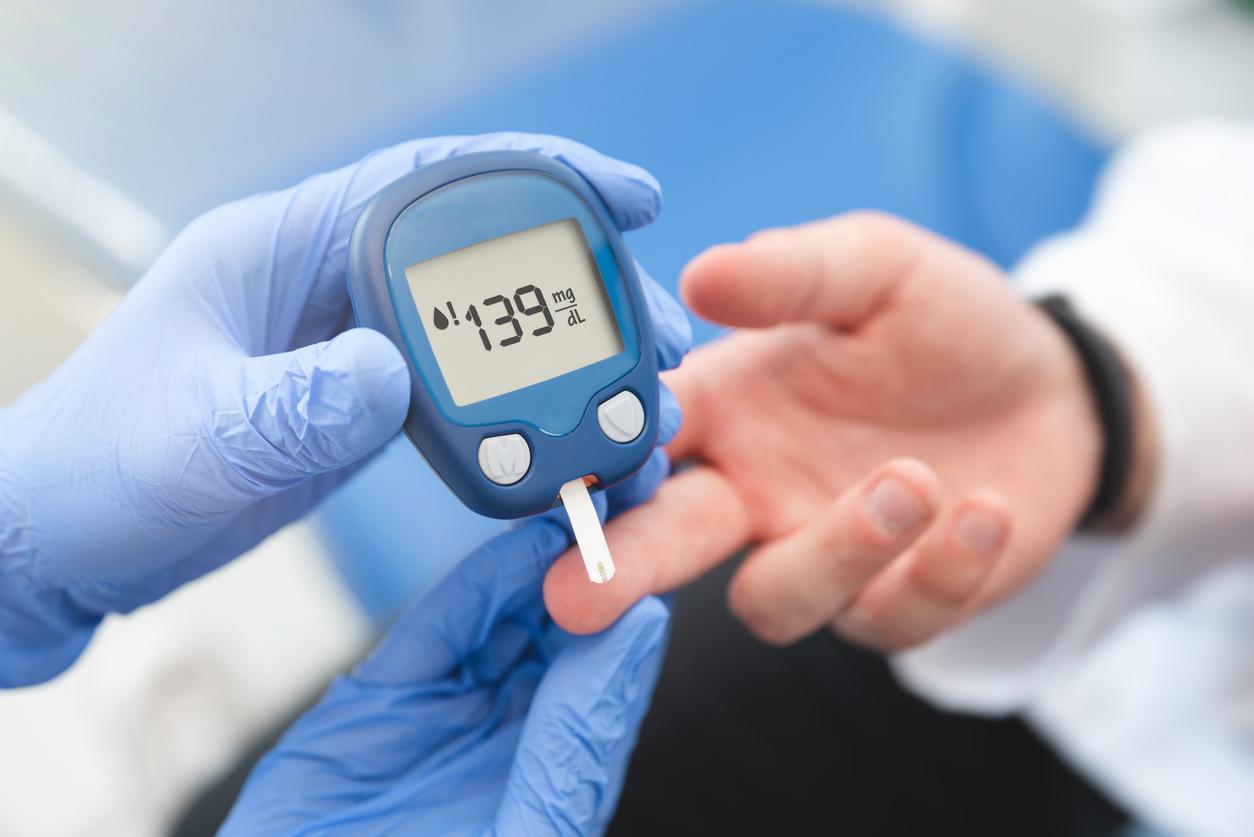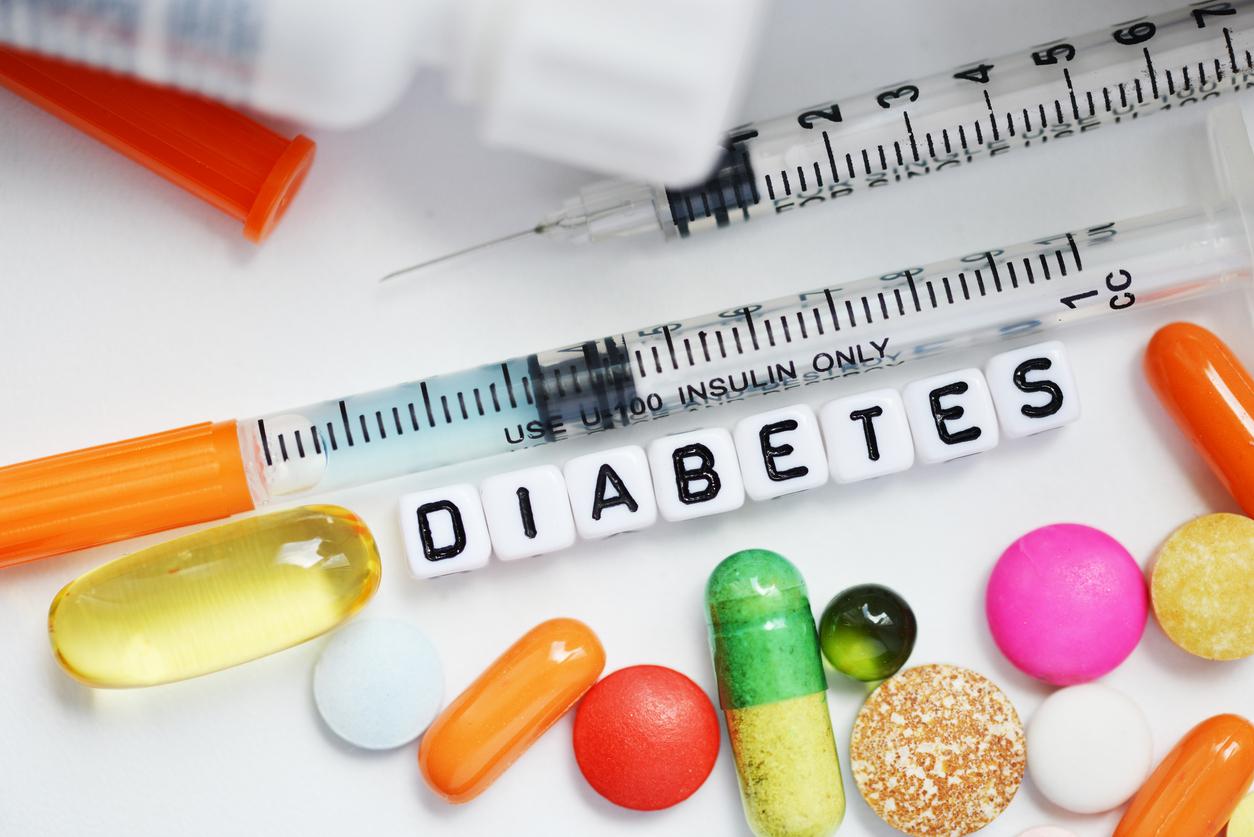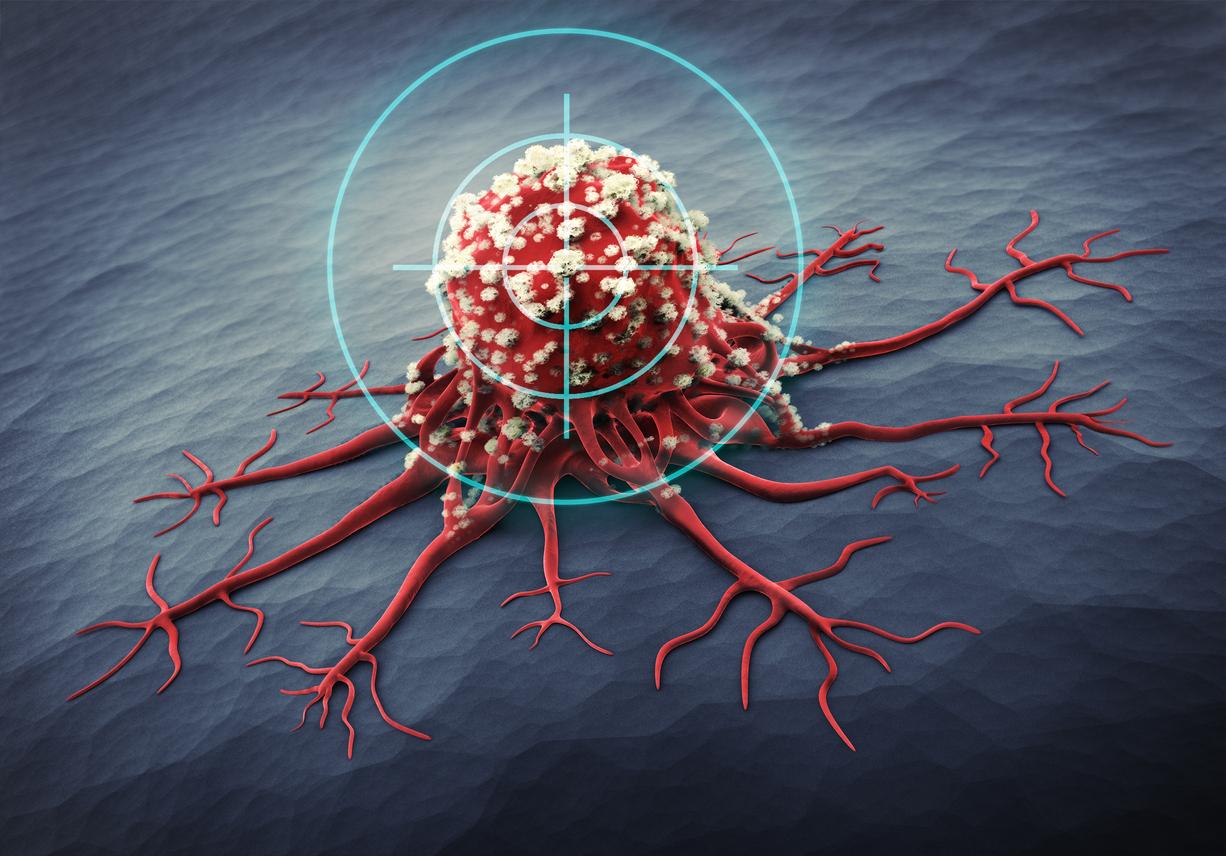A few patients being treated for type 1 diabetes may actually have monogenic diabetes, which can be treated with the pill.
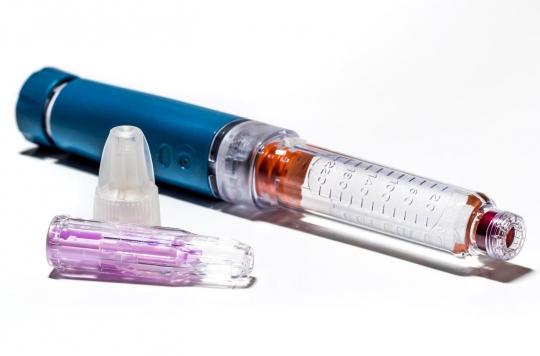
Diabetes corresponds to a prolonged elevation of the concentration of glucose in the blood. Among diabetics, 10% have type 1 diabetes, the most serious, because in this case, the immune system has mistakenly destroyed the cells that produce insulin, a hormone that regulates blood sugar. To control it, patients must therefore resort to daily insulin shots.
However, according to a study published in the Journal of Clinical Investigation, some patients being treated for type 1 diabetes may actually have monogenic diabetes, a non-autoimmune condition that does not always need to be treated with insulin. This discovery could lead to a change in treatment for many patients.
1,019 people followed
Researchers from Joslin Diabetes Centerr in the United States followed people who had lived with type 1 diabetes or insulin-dependent diabetes for at least 50 years. The scientists tested 29 genes implicated in monogenic diabetes as well as others known to lead to type 1 diabetes. Of the 1,019 people followed, about 8% of them had a monogenic diabetes mutation that can lead to the disease. Among them, just under half did not have the genetic variations necessary to trigger type 1 diabetes, which means that these patients could respond positively to oral medications instead of insulin.
As for the rest of the group, who had both types of genetic alterations, “we don’t really know what genetic condition led to their diabetes,” says George L. King, lead author of the study. “We therefore recommend that all people under the age of 18 diagnosed with type 1 diabetes be investigated for monogenic diabetes, which is not the case at the moment.”
Clinical impacts
Within a few months, he and his team should therefore launch a clinical study to see if oral diabetes medications could help study participants with genetic mutations of monogenic diabetes to control their disease more effectively. If the results are positive, they could lead to changes in treatment for a large number of patients.
But the Joslin Diabetes Center’s research doesn’t stop there. In addition to their analysis of genetic mutations, the researchers made a surprising discovery about beta cells. The latter produce insulin in the pancreas and are therefore supposed to be destroyed in type 1 diabetics. However, by studying pancreas donated by patients after their death, they discovered beta cells in 68% of them.
Moreover, by stimulating the insulin of living participants and then repeating the experiment a few years later, they observed an increase in signs of insulin in several of them. “The functions of beta cells can come and go, which proves that clinical studies must take place to study how to regenerate these cells,” concludes King.
insulin-producing cells
But researchers at the Joslin Diabetes Center aren’t the only ones looking for an alternative to the extremely restrictive daily insulin shot. A few months ago, scientists from the Diabetes Research Center in San Francisco succeeded in transforming human stem cells into mature insulin-producing cells in laboratory. “This is a major step towards our goal of creating cells that could be transplanted into patients with diabetes,” they explained.

.



